Hearing Aids and Mask Mode
Hearing Aids, Masks, and Mask Mode Well, we've made it a year with masks. However, many hearing aid wearers are still struggling to hear clearly in our Covid-19 environment. Last year, we posted some tips on wearing hearing aids and a mask. Now that it looks like masks will be around for a bit longer, let's dig a little deeper into hearing aids and mask mode. Wearing Hearing Aids and a Mask Even though we've all been wearing masks for a year now, here's a refresher on wearing hearing aids and a mask: Use the masks with 4 strings vs elastic. These tie around the back of your head and nape of your neck with no pressure on the ears. You can find the pattern shown in the photo here. Get a mask extender. These can be purchased, made, or makeshift (I’ve seen people use paperclips). Attach the mask to a headband with buttons. This not only protects the backs of your ears from the elastic but keeps your hearing aids in place too. Be very careful when removing your mask. Too many hearing aids have been lost* getting caught on a mask string. Take your hearing aids off in the same place (i.e. the car) or hold onto the hearing aid while removing your mask. *If you find a lost hearing aid, take it to any hearing care centre. Hearing aids have serial numbers that the manufacturers can use to contact the clinic it was purchased at. They can then...
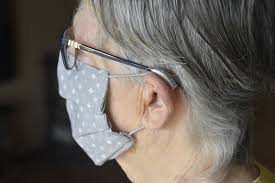
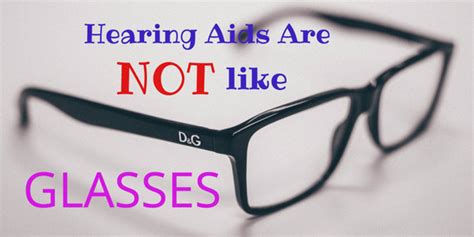
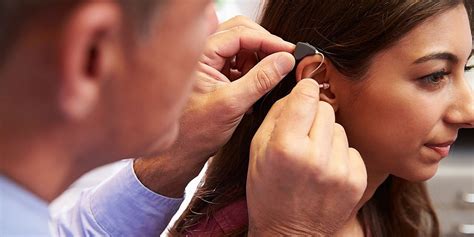
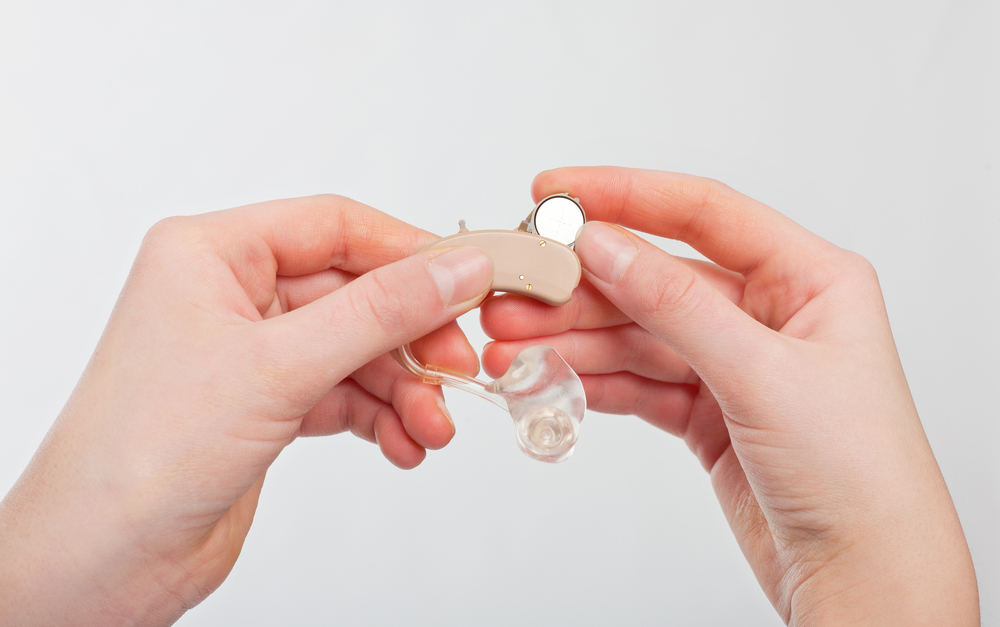

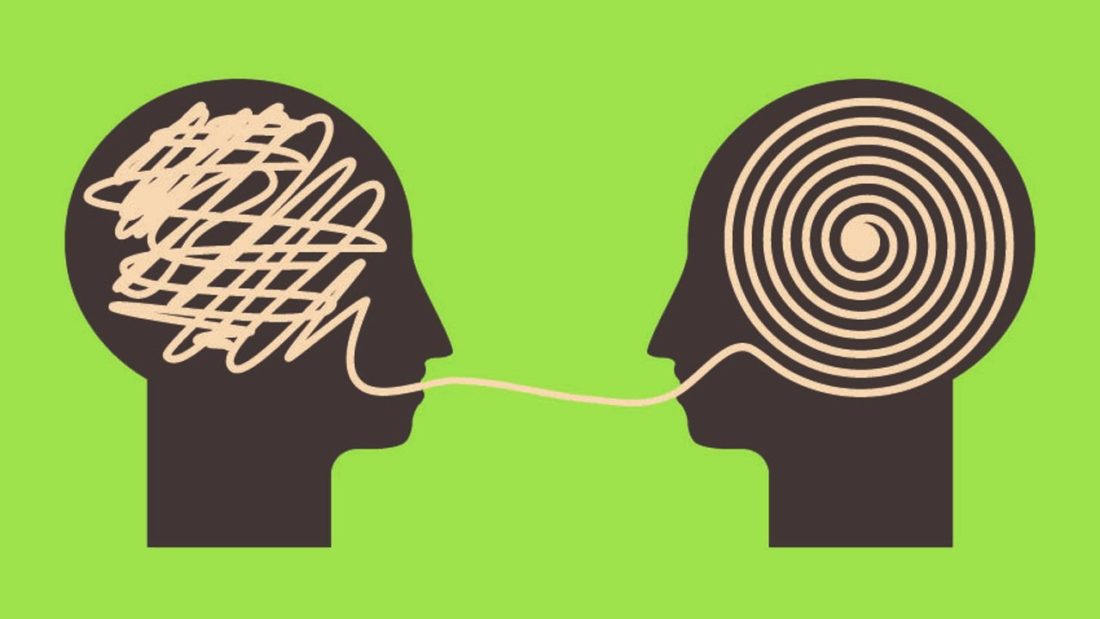
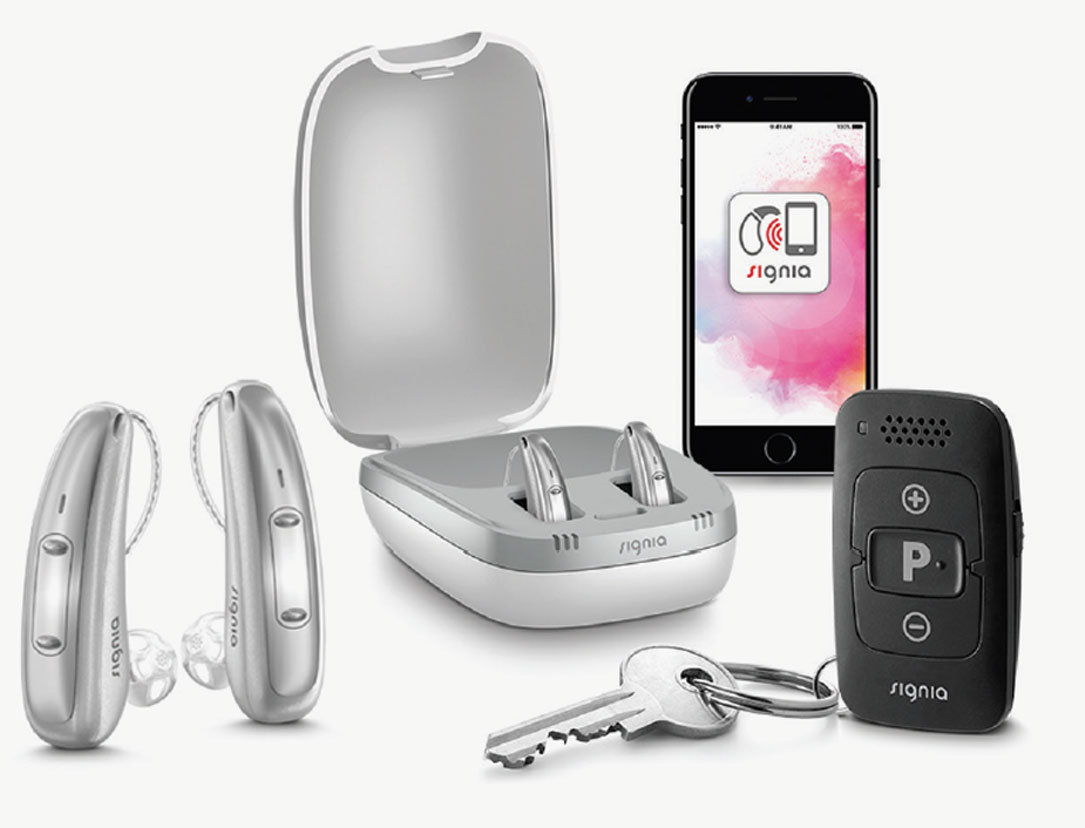
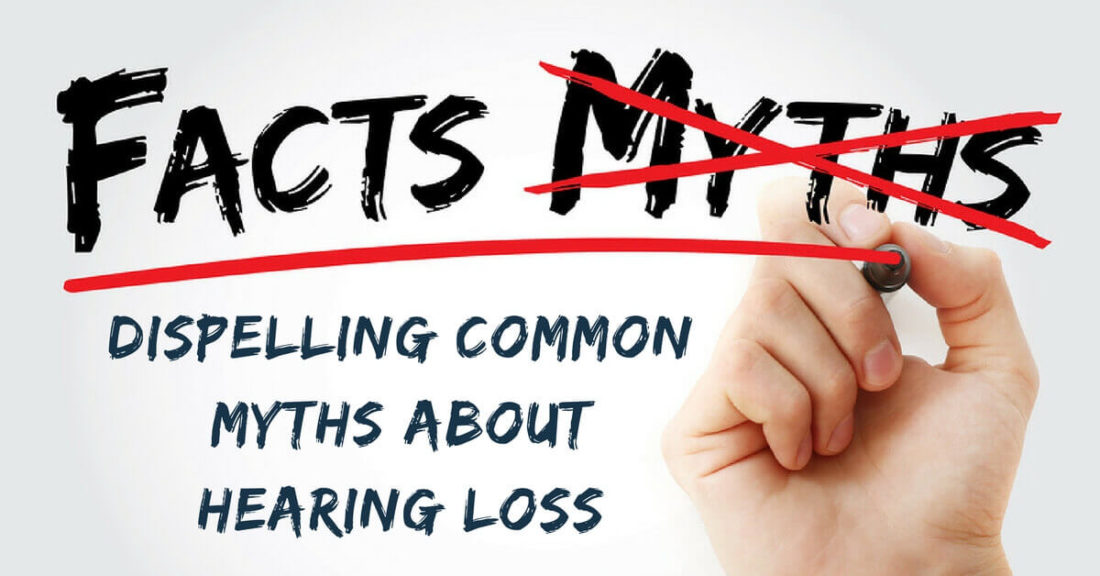

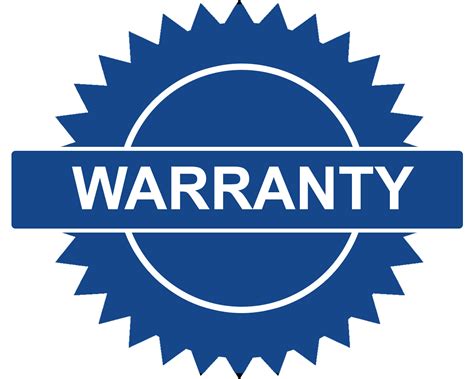
Recent Comments